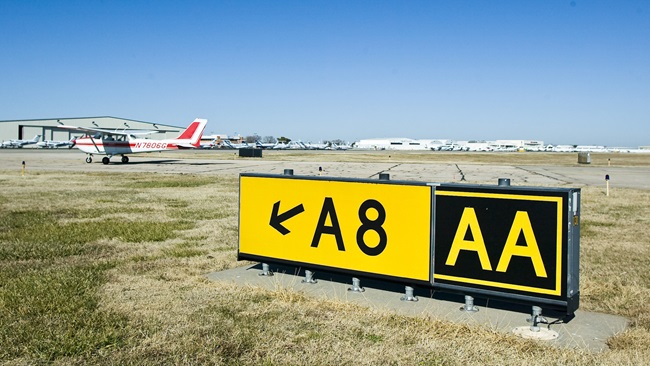CONGRESSIONAL RECORD
SENATE
PAGE S1785
March 12, 2002
STATEMENTS ON INTRODUCED BILLS AND JOINT RESOLUTIONS
By Mr. INHOFE:
S. 2007. A bill to provide economic relief to general aviation entities that have suffered substantial economic injury as a result of the terrorist attacks perpetuated against the United States on September 11, 2001; to the Committee on Banking, Housing, and Urban Affairs.
Mr. INHOFE. Madam President, I rise today to introduce the Senate companion to HR 3347, the General Aviation Industry Reparations Act of 2002. This bill directs to the President to provide compensation to General Aviation for losses incurred as a result of the terrorist attacks on September 11, 2001.
Many have the misperception that the entire aviation industry was eligible for compensation under the Air Transportation Safety and Systems Stabilization Act, PL 107-42. However, that act dealt only with scheduled airline service. As a consequence General Aviation, a very important segment of the aviation industry, has yet to be made whole for actions taken by the federal government following the terrorist attacks of September 11th.
The national airspace system re-opened to commercial aviation on September 13, 2001. General Aviation was allowed limited Instrument Flight Rules, IFR, flights, operating under guidance and direction from air traffic controllers, with restrictions on September 14th. The more common, Visual Flight Rules, VFR, flights (which cannot be done in inclement weather since pilots are not under the guidance of air traffic controllers) were grounded until September 19 and then only limited flights could operate outside of ``enhanced'' Class B airspace, the airspace surrounding the nation's 30 busiest airports. In fact, enhanced Class B airspace did not return to the pre-September 11th design until December 19th.
Contrary to what some think, General Aviation is much more than weekend recreational pilots. It is made of a hundreds of small business people who make their living either servicing general aviation aircraft, instructing student pilots, using general aviation aircraft to transport people, products and materials or perform various services such as report on traffic conditions in congested metropolitan areas, check the condition of energy pipelines, crop dusting, banner towing and many other uses. The fact is that general aviation performs a very important function in our economy beyond recreational flying.
Working closely with General Aviation groups such as the Aircraft Owners and Pilots Association, AOPA, which has worked hard to explain the scope of general aviation to members of Congress and how critical it is to the nation, I think we have a very balanced package.
The General Aviation Industry Reparations Act of 2002 would compensate General Aviation and their employees for economic injuries caused by September 11. As defined by the bill ``general aviation'' includes ancillary businesses as well. Thus, parking garages, car rental companies or other aviation related business that were not covered by PL 107-42 would be eligible for compensation under this bill. In addition, the bill extends compensation to employees who were laid off due to the slow down of business following September 11 in the form of reimbursement for health care costs and it requires businesses who accept compensation to provide health care coverage for existing employees.
The bill provides three forms of compensation. Loan Guarantees of $3 billion from the amount made available for the commercial airlines. Grants totaling $2.5 billion and like the commercial aviation industry the opportunity to purchase War Risk Insurance with the assistance of the Department of Transportation.
Finally, spending in the bill would be designated as emergency spending for scoring purposes. Normally I would oppose such a designation but I believe in this instance we have successfully met the criteria for an emergency. These benefits are not open ended, compensation is only available for losses incurred between September 11 and December 31, 2001. Not all losses are eligible under the bill, only those that can be shown to be a direct result of the government actions following September 11. Businesses who choose to take advantage of the loan guarantees must demonstrate an ability to pay back the loans and the government has the right to benefit from profits made as a result of a government backed loan.
In short, I believe this is a responsible bill and I hope that we will be able to fully debate the merits of the package on the floor and eventually have a vote on the bill.


